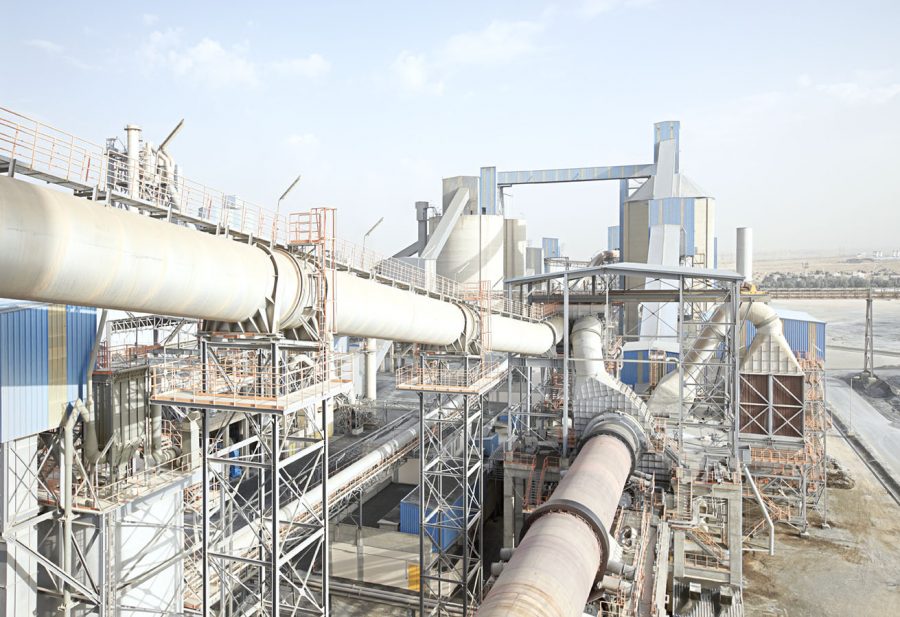The Central Bank of Nigeria (CBN) has released the latest Purchasing Managers’ Index (PMI).
The report which is for July 2019 showed that Nigeria’s manufacturing sector has continued to expand.
According to the CBN’s report, 11 businesses in the manufacturing sector recorded improved growth in July.
Basic Highlights: The apex bank’s report tracked the activities in both the manufacturing and services sector. The index tracked new orders, business activity, production levels, supply delivery time, employment and supply delivery time.
Manufacturing PMI stood at 57.6 index points in July, from 57.4 points index recorded in the previous month. This means Nigeria’s manufacturing sector grew for the 28th consecutive months in July 2019. Of the 14 sub-sectors surveyed, 13 reported growth in the reviewed month in the following order:
- petroleum & coal products
- transportation equipment
- cement
- printing & related support activities
- paper products; food, beverage & tobacco products
- furniture & related products
- fabricated metal products
- nonmetallic mineral products
- plastics & rubber products
- primary metal
- chemical & pharmaceutical products and electrical equipment.
Meanwhile, the manufacturing production level, new orders, supplier delivery time, employment level and raw material inventories all grew at a faster rate in the month.
[READ: Foreign investors’ inflows outpace outflows as election-fever wears off]
The non-manufacturing PMI equally expanded at a faster rate in July. The composite PMI for the non-manufacturing sector rose to 58.7 points as against 58.6 points recorded in the previous month. All 17 surveyed sub-sectors recorded growth in the following order:
- management of companies
- arts, entertainment & recreation
- finance & insurance
- repair, maintenance/washing of motor vehicles
- construction; real estate rental & leasing
- agriculture
- health care & social assistance
- information & communication
- accommodation & food services
- wholesale/retail trade
- water supply, sewage & waste management
- transportation & warehousing
- electricity, gas, steam & air conditioning supply
- professional, scientific, & technical services
- educational services and utilities
Top thriving businesses: One of the key indicators in determining whether a business is witnessing decline or not is the inventory. Companies make money when they sell products and services, and for those whose inventories pile up, it is a sign that sales will decline.
The rise in orders is evidently a sure sign that businesses are attracting the right customers and consequently recording growth.
Hence, the CBN’s report showed that 11 businesses in the manufacturing sector recorded an increase in new orders, which implied improved business transactions. Below are the businesses listed by the CBN.
Businesses thriving in Nigeria’s Manufacturing Sector
- Cement production
- Chemical & pharmaceutical products
- Electrical equipment
- Fabricated metal products
- Food, beverage & tobacco products
- Furniture & related products
- Nonmetallic mineral products
- Plastics & rubber products
- Primary metal
- Printing & related support activities
- Textile, apparel, leather & footwear
Businesses declining or with no change
- Petroleum & coal products
- Paper products
- Textile, apparel, leather & footwear
What the rising PMI means: The PMI for the manufacturing sector has continued to maintain a rise for over two years, and this means the sector has maintained its expansionary trend. This may translate to growing the economy.
- Actually PMI has formed an extremely important indicator for investors looking to form an opinion on economic growth.
- Meanwhile, it should be noted that rising PMI does not necessarily mean positive growth in the manufacturing sector.
- For instance, in the third quarter of 2018, despite the rise in PMI, data showed the sector recorded a negative growth rate of 0.11%. Also, the sector grew very slowly in Q1 2019.
- The slow growth recorded in the sector in Q1 2019 may be traceable to low investment.
- A data released by the National Bureau of Statistics showed that foreign investors’ confidence dropped due to the general election, thereby capital importation into manufacturing dropped by 40% ($252 million).
[READ FURTHER: Foreign investors are avoiding these sectors like a flea]























